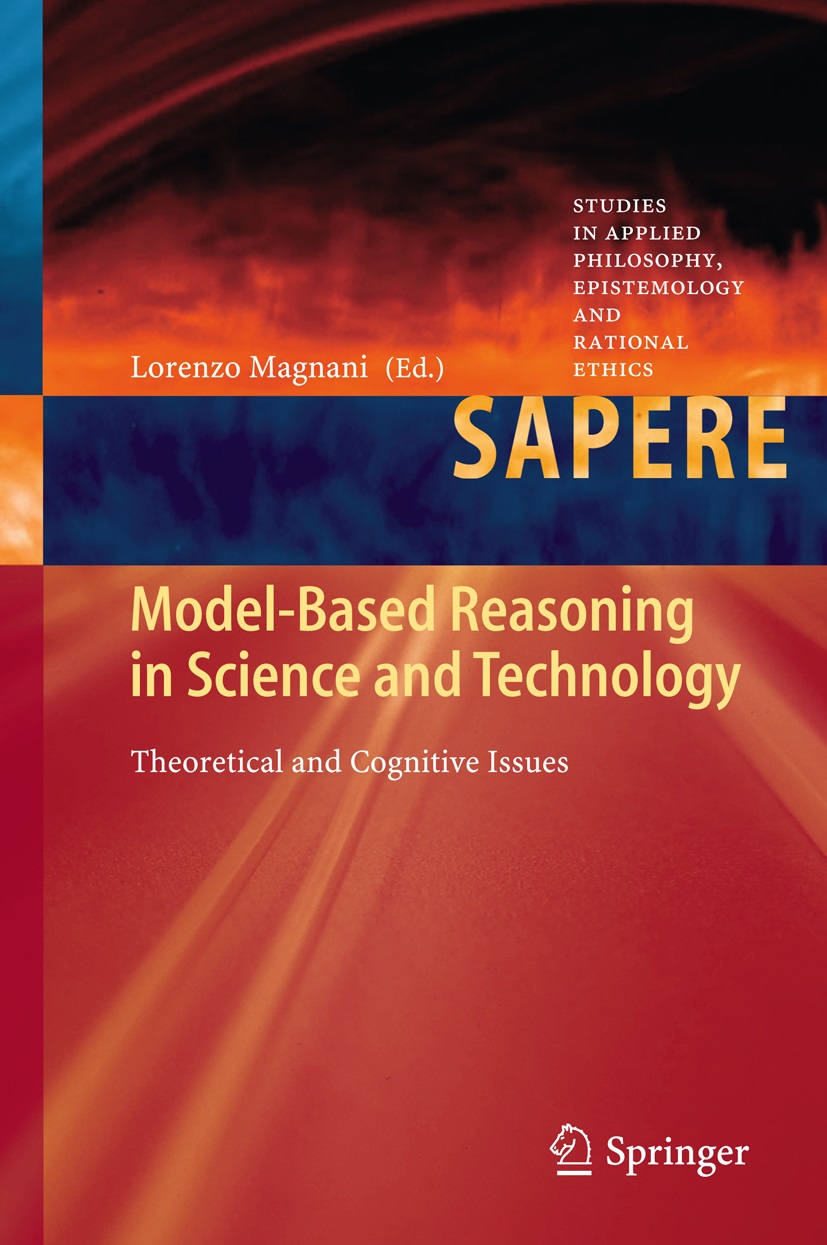Mon
19
Sep '11
 |
Understanding Violence. The Intertwining of Morality, Religion and Violence: A Philosophical Stance. Series: Studies in Applied Philosophy, Epistemology and Rational Ethics, Vol. 1.This volume sets out to give a philosophical “applied” account of violence, engaging with both empirical and theoretical debates in other disciplines such as cognitive science, sociology, psychiatry, anthropology, political theory, evolutionary biology, and theology. The book’s primary thesis is that violence, also understood as violence beyond the domain of physical harm, is inescapably intertwined with morality and typically enacted for “moral” reasons. To show this, the book compellingly demonstrates how morality operates to trigger and justify violence and how people, in their violent behaviors, can engage and disengage with discrete moralities. By employing concepts such as “coalition enforcement”, “moral bubbles”, “cognitive niches”, “overmoralization”, “military intelligence” and so on, the book aims to spell out how perpetrators and victims of violence systematically disagree about the very nature of violence. The author’s original claim is that disagreement can be understood naturalistically, described by an account of morality also informed by evolutionary perspectives. Go to Springer websiteItalian Edition, translated by T. Bertolotti, Filosofia della violenza, Il Melangolo, Genoa, 2012. |

